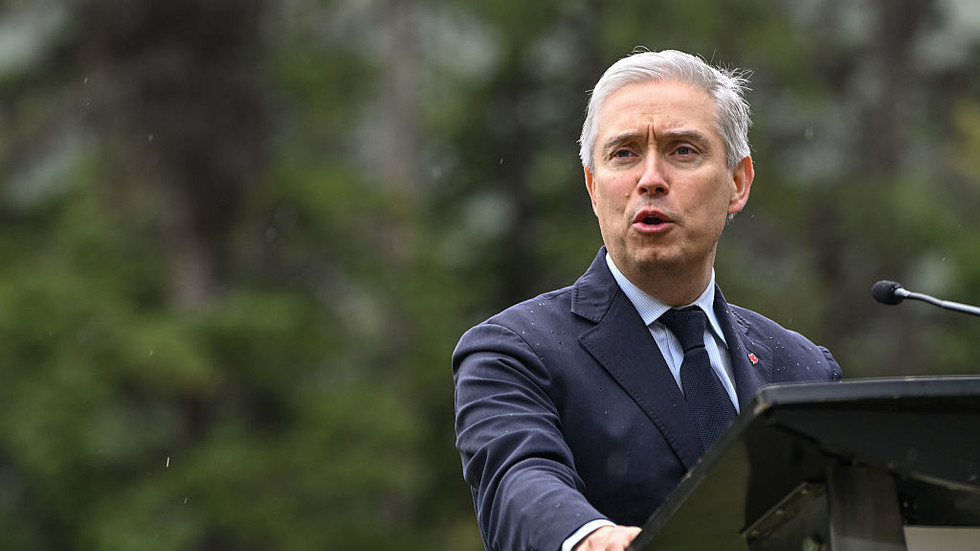US President Donald Trump had halted negotiations with Ottawa over what he called an “attack” on American companies
Canada has shelved its plan to slap a digital services tax (DST) on tech companies in a bid to get trade talks with the US back on track, reversing course just as the measure was due to kick in.
The 3% tax, passed into law last year by the government of former Prime Minister Justin Trudeau, was set to take effect on Monday and would have been applied retroactively to 2022-2024 profits. It would have primarily targeted US companies like Amazon, Google and Meta, costing them an estimated $3 billion.
“Today’s announcement will support a resumption of negotiations toward the July 21, 2025 timeline set out at this month’s G7 Leaders’ Summit in Kananaskis,” Canadian Prime Minister Mark Carney said in a statement on Sunday.
“Canada’s new government will always be guided by the overall contribution of any possible agreement to the best interests of Canadian workers and businesses,” he added.
Canada is engaged in complex negotiations on a new economic and security partnership with the U.S.Rescinding the DST will allow the negotiations to make vital progress and reinforce our work to create jobs and build prosperity for all Canadians.🔗https://t.co/hsiDxk7JVD
— François-Philippe Champagne (FPC) 🇨🇦 (@FP_Champagne) June 30, 2025
Carney and Trump agreed to resume trade talks when they met earlier this month at the G7 summit, where the prime minister said they had agreed to finalizing a new economic agreement within 30 days.
Canadian Finance Minister Francois-Philippe Champagne wrote on X late on Sunday that dropping the levy would allow Ottawa “to make vital progress and reinforce our work to create jobs and build prosperity for all Canadians.”
On Friday, US President Donald Trump had denounced the tax hike as a “direct and blatant attack on our country” and threatened to terminate all trade negotiations that had been ongoing between the North American neighbors for months. He also vowed to impose new tariffs on Canadian goods within a week.
US Commerce Secretary Howard Lutnick welcomed the reversal, saying the tax “would have been a deal breaker for any trade deal with America.”
Tensions between the two countries have been mounting since February, when Trump imposed a 25% tariff on Canadian goods shortly after taking office. Ottawa responded with reciprocal duties, though Trump later suspended the measure, saying he was open to country-specific deals that benefit US businesses.
Trump has long accused Canada of exploiting US trade and on several occasions suggested it should become America’s 51st state.
This fueled the ambitions of the country’s Liberal Party and Carney’s election campaign. Shortly before taking office as prime minister, he described Trump’s tariffs as “unjustified” and stated that “Canada will win” the trade war with the US. On March 14, the day he was sworn in, he vowed that the country “will never, ever, in any way, shape, or form, be part of the United States.”
Canada is the US’s second-largest trading partner after Mexico, and the top buyer of US exports. According to the US Census Bureau, it imported $349 billion in American goods last year and exported $412 billion to the US.
You can share this story on social media:
Read the full article here


